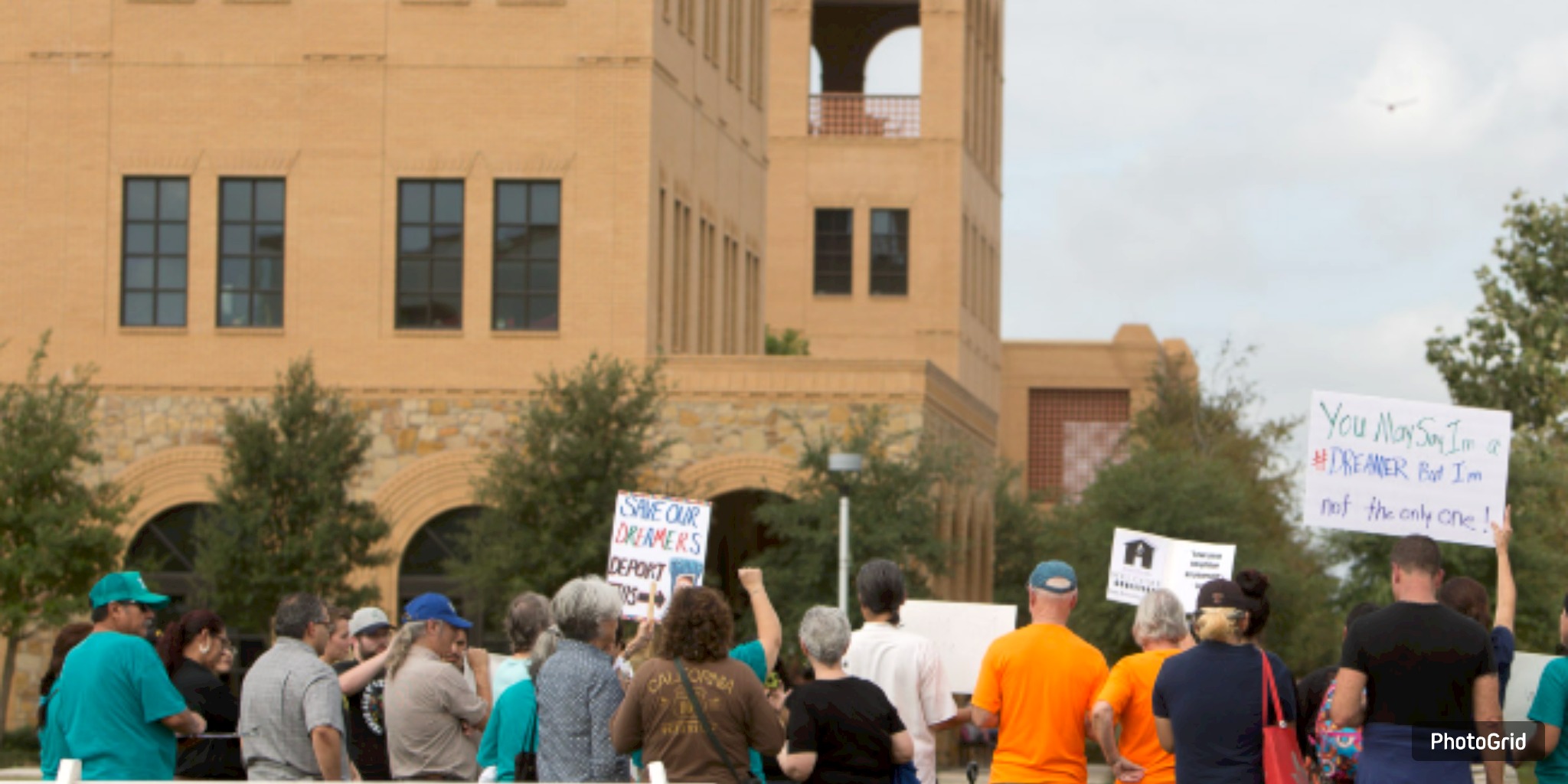After more than two decades, Texas has ended its historic in-state tuition policy for undocumented students. The repeal has cast uncertainty over the futures of thousands of young Texans, triggering national concern among educators, legal advocates, and immigrant rights groups.

Texas repealed its 2001 law, which allowed undocumented students to pay in-state tuition at public colleges and universities. The June consent agreement with the U.S. Department of Justice has had a significant impact on thousands of kids and raised concerns that other states may follow suit.
DOJ complaints about the policy's incompatibility with federal immigration law led to its repeal. After six hours of the federal court proceedings, Texas Attorney General Ken Paxton abruptly terminated the act.
Educators, legal professionals, and undocumented students spoke at a United We Dream press call on Tuesday about the broad effects of the rollback. Their observations revealed that the option poses a threat to educational access and may establish a precedent for similar regulations in other locations.
“This repeal undermines the rights of students who have called Texas home for their entire lives,” said United We Dream’s Juan José Martinez-Guevara. This indicates a broader focus on young immigrants.”
Supporters argue that the consequences are already evident. Unexpected out-of-state tuition costs are overwhelming several students. Psychology student and Dream Act beneficiary “Ana” (name withheld) worries about graduating.
“All that hope vanished the night I learned the law was repealed,” said Ana, who is one semester from graduating.
This condition also confronts educators. Dallas ISD math instructor Rosie Kurtz said the repeal undermines years of preparation for kids' futures. “How can you inspire them to achieve their goals when higher education seems unattainable?” she asked.
Following the implementation of the repeal without public engagement, the ACLU of Texas and several legal organizations filed a motion to halt it. Undocumented students make up 1.5% of Texas college students, according to ACLU Valeria Alvarado. They provide $5.4 billion in taxes annually, which is a significant contribution.
“This impacts not just students but also the economy and institutions of the state,” Alvarado said.
When the law passed, Texas State Teachers Association president Ovidia Molina noted its bipartisan support. She said, “All stakeholders—families, educators, and business leaders alike—recognized the positive impact this would have on Texas.”
Former DACA recipients and microbiology graduates must reassess their futures. He said the repeal creates more difficulties. I fear missing out on future educational opportunities and jeopardizing my ability to stay here.
Many students who saw Texas as a promising state are uncertain as court disputes continue.
.jpg)
The Conroe City Council approved an agreement requiring Willis ISD to pay $1.8 million for water and sewer service to several campuses, resolving a months-long dispute that briefly shut off water to Calfee Middle School. The vote came after a tense exchange prompted police to clear the council chambers.

Montgomery County is seeing an increase in pipeline construction as Texas maintains more than 483,000 miles of pipeline statewide. County Judge Mark Keough says local leaders will closely monitor new projects, citing last year’s controversy over the proposed Blackfin compressor station near Conroe.

The 61st annual Conroe Go Texan Parade will feature the Texas A&M University Parsons Mounted Cavalry on Feb. 21 in downtown Conroe. The parade, hosted by local Houston Livestock Show and Rodeo partners, kicks off rodeo season and has helped generate $320,000 in scholarships for area students.